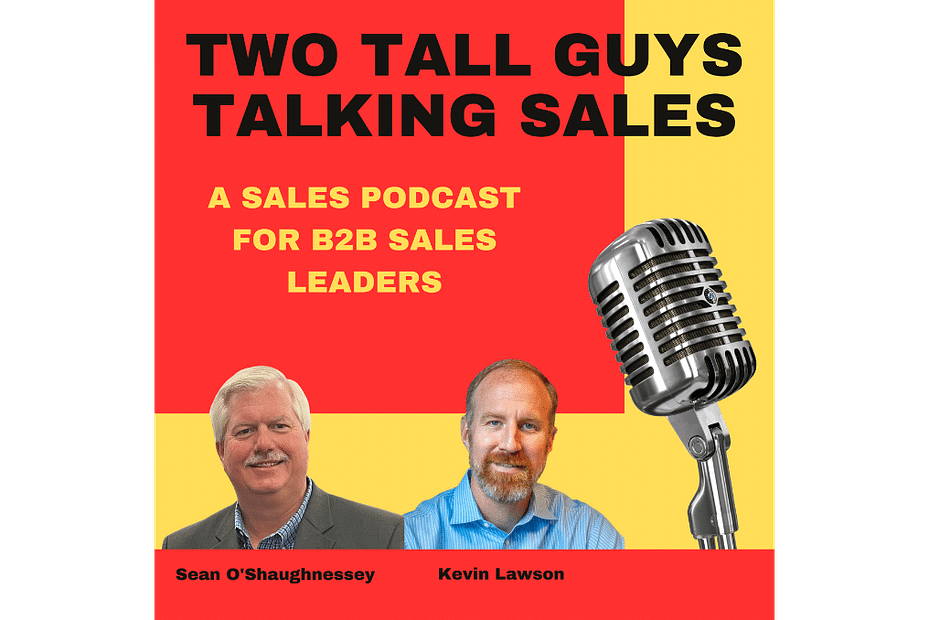Assign Selling Quotas That Drive Growth
A selling quota is the mechanism that turns a company’s revenue goal into an executable operating plan, with named owners, measurable commitments, and enough resilience to withstand real-world pressures. If you only set “the company number” and call it a plan, you have created a budget aspiration, not a revenue system.
Most leadership teams already know their revenue target. The gap is translation. Quotas are that translation. They convert the budget into individual accountability, coverage clarity, coaching focus, and cross-functional credibility. Without individual quota ownership, goal attainment becomes a matter of luck, and luck is a poor operating model.
The real problem quotas solve
A company revenue goal answers one question: “What do we want to achieve?” It does not answer the questions that actually determine whether you get there:
- Who owns which portion of the number?
- Where will the revenue come from, specifically?
- What activity and pipeline levels are required by person, by segment, by time period?
- What happens if the plan takes a hit from turnover, lost deals, or market friction?
Quotas exist to clarify those questions. They put names next to revenue responsibility. They make coverage visible and discussable. They surface whether the business has sufficient sales capacity to achieve the stated goal. That is why quotas are a growth tool, not an administrative exercise.
A quick reality check on adoption
In a recently published survey, only 28% of small and mid-sized businesses assign individual sales quotas. If that statistic is even roughly correct, most SMBs are trying to grow without translating the budget into individual commitments.
Read the rest of the article…







